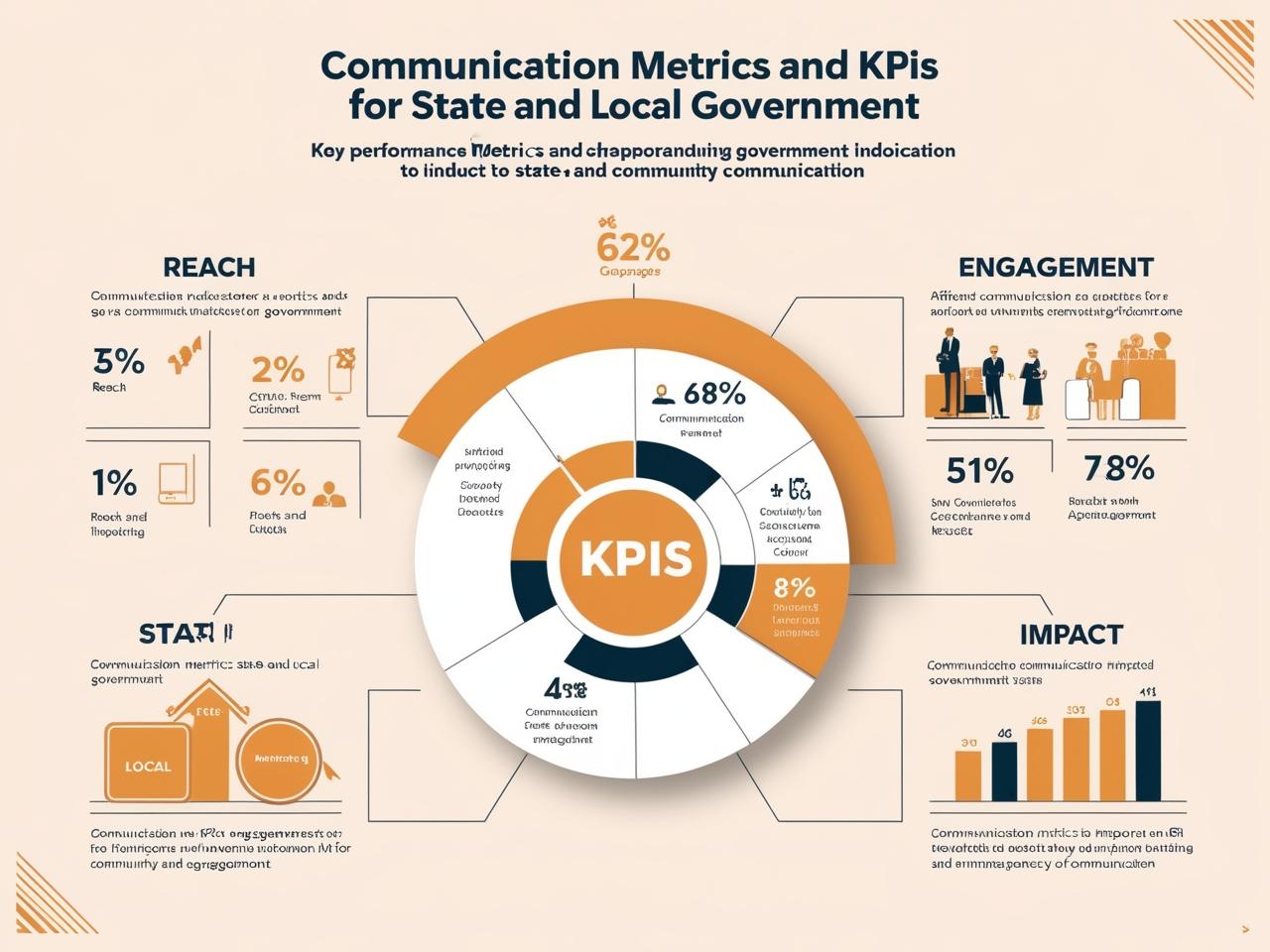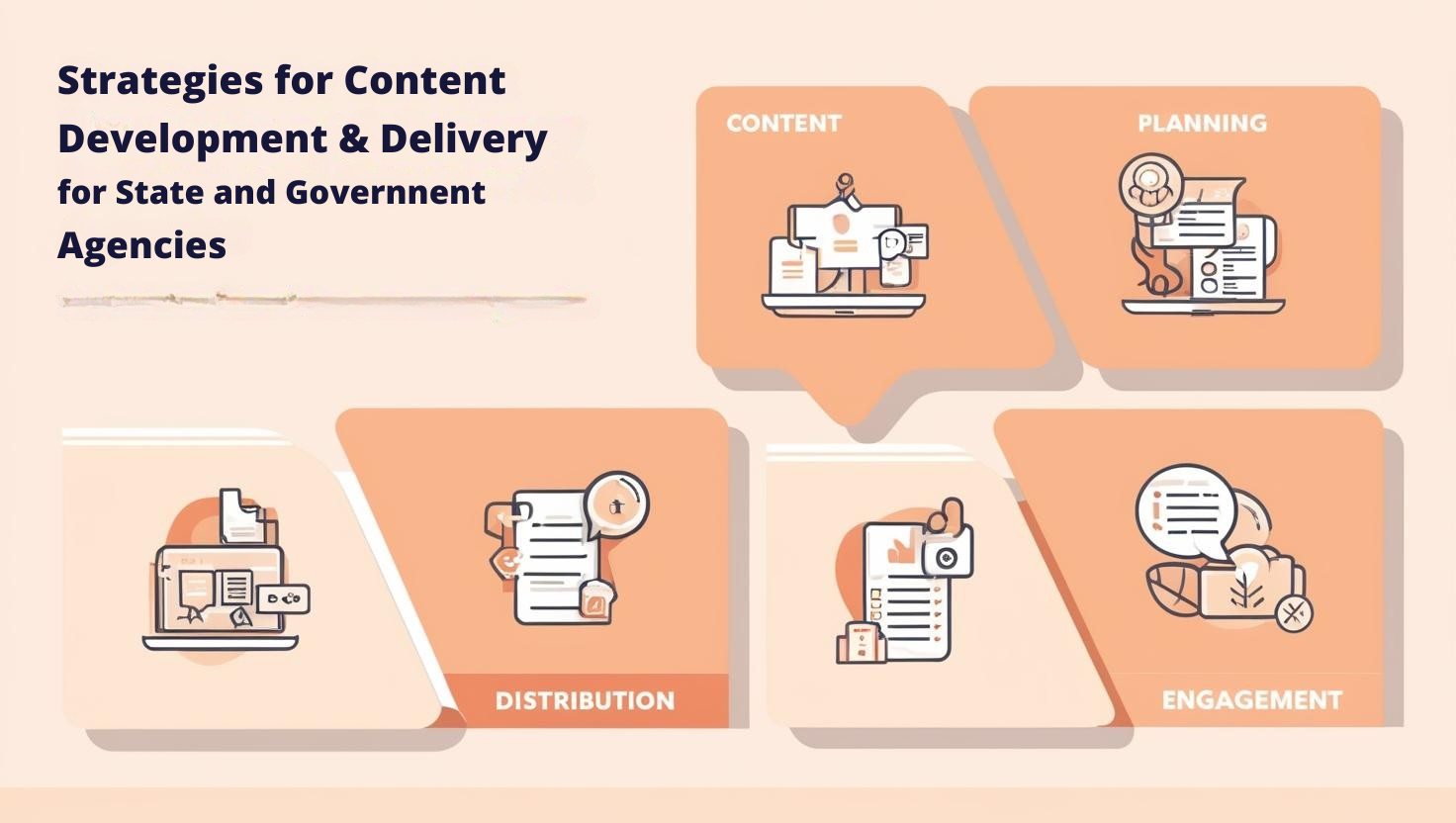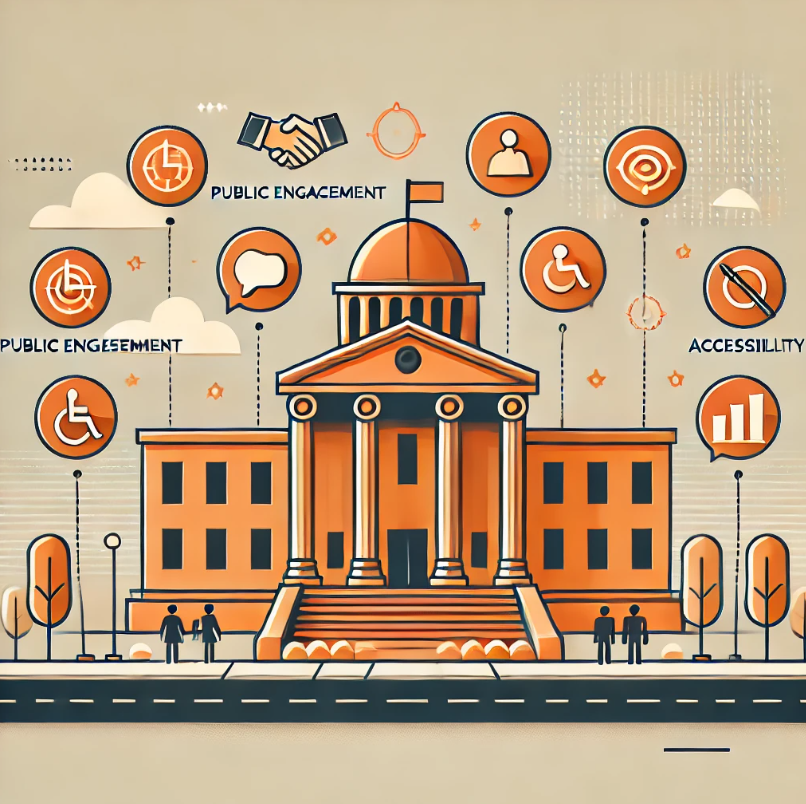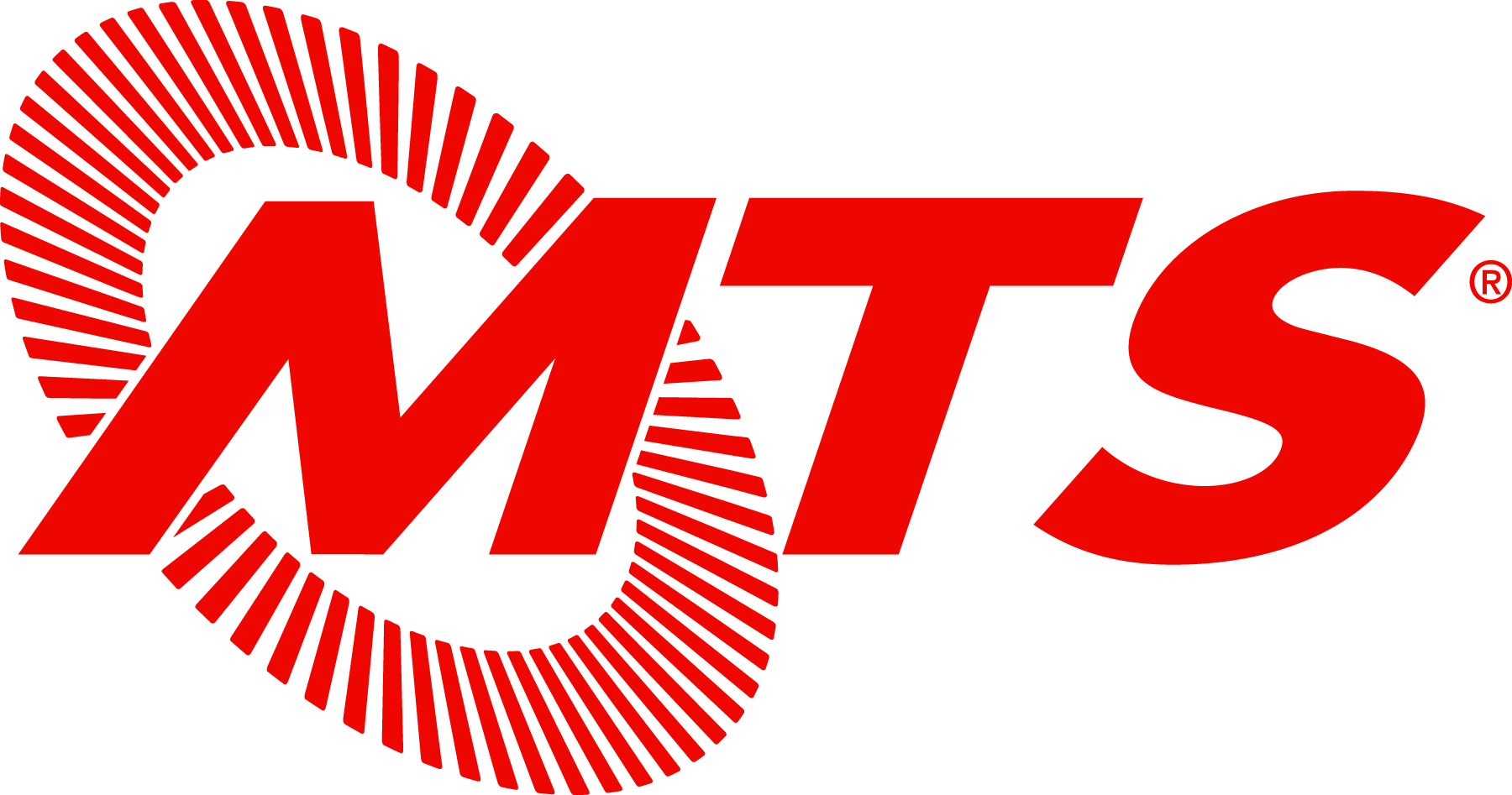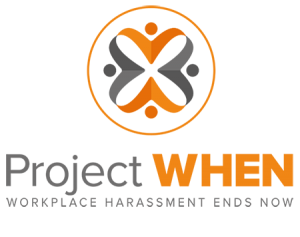Effective communication is at the heart of successful governance. In an era where digital media and community engagement shape public perception, state and local government agencies must ensure their messages reach the right audience, at the right time, through the right channels. Read More
In state and local government agencies, internal communication alignment is just as critical as external communication efforts. A well-informed workforce ensures that public messaging remains consistent, credible, and authoritative. However, many government agencies struggle with internal silos, fragmented communication channels, and misalignment Read More
What is Content Development? Content development is the strategic process of creating, structuring, and distributing information that effectively engages, informs, and serves a target audience. For government agencies, content development plays a crucial role in ensuring transparency, building public trust, and enhancing Read More
For state and local government agencies, an effective communication platform is more than just a website or a social media account—it’s the foundation for transparency, trust, and engagement with the public. However, with rapidly evolving digital trends, changing audience behaviors, and the Read More
Effective public communication is at the heart of every successful state and local government agency. Whether sharing critical updates, engaging the community, or managing crises, the ability to deliver clear, timely, and inclusive messages is essential. In today’s fast-moving information landscape, where Read More
District of Columbia Public Schools (DCPS) has long been committed to fostering student well-being and academic success. However, like many urban school districts, it has faced significant challenges in addressing childhood obesity, particularly in underserved communities. In response, DCPS partnered with local Read More
In today’s fast-paced digital world, state and local government agencies must effectively communicate with their constituents through timely, relevant, and well-organized content. A well-structured content planning and scheduling strategy ensures consistent messaging, prevents last-minute scrambles, and optimizes engagement with the public. Whether Read More
The Mississippi State Department of Health (MSDH) has long been dedicated to enhancing the well-being of its residents. MSDH collaborated with the Office of Disease Prevention and Health Promotion (ODPHP) to implement the “Move Your Way®” campaign in Jackson, aiming to encourage Read More
The San Diego Metropolitan Transit System (MTS) has long been committed to providing accessible, reliable, and safe public transportation options. In recent years, MTS launched two major campaigns—”Choose Transit” and “Clean Ride”—to highlight the benefits of public transit and reassure riders about Read More
The “Your New Blue” campaign, launched by the Chicago Transit Authority (CTA) , is a testament to the power of effective communication during large-scale infrastructure projects. The initiative aimed to modernize the Blue Line—one of Chicago’s busiest rail lines stretching 19 miles Read More

